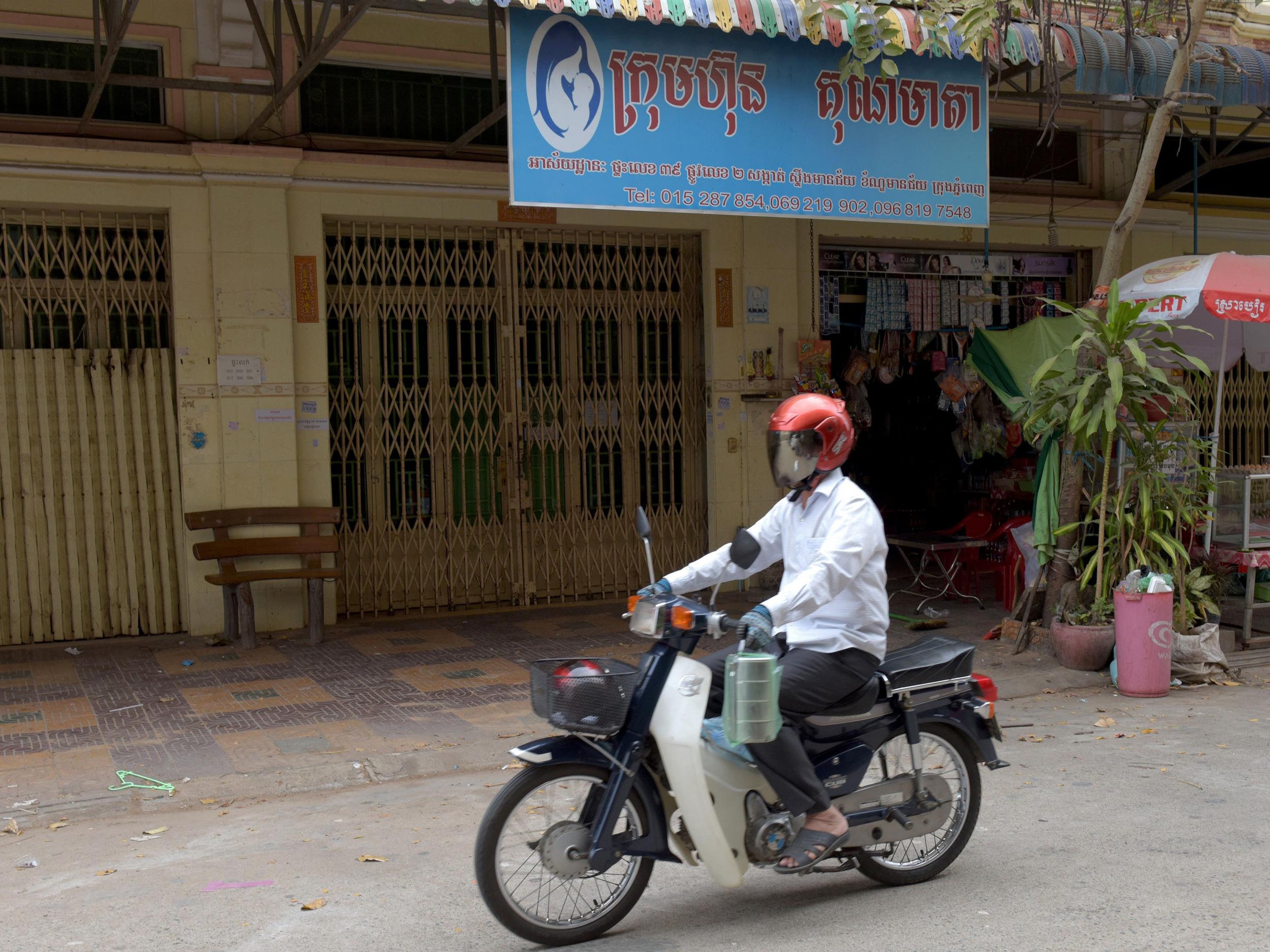US Company selling human breast milk stopped by Cambodia export ban
Ambrosia Labs has been exporting milk from more than 90 women for more than two years

A company that was importing breast milk from Cambodian women to sell in the US has been ordered to stop.
Cambodia has permanently banned exports of human breast milk, which US-based company Ambrosia Labs bought in the South-East Asian country and sold to new parents and bodybuilders in America.
“Even though we are still poor, we are not so poor that we have to sell human breast milk,” said the government in a statement signed by Secretary of State Ngor Hongly.
Ambrosia Labs, known in Cambodia as Khun Meada, which means “gratitude of mothers”, has been exporting milk from more than 90 Cambodian women for more than two years.
The company, set up by a former Mormon missionary, sells human milk online at $19 (£15) for a sachet of around 150ml, described as enough for “one to two feedings”.
Its dealings were recently suspended while the Health Ministry investigated the health effects on babies of nursing mothers selling their milk and whether the business violated a law on trafficking in human organs.
Ryan Newell, co-owner of Ambrosia Labs, said last week when the suspension of business was announced that mothers were allowed to sell their milk only twice a day.
The woman were required to wait until their children were at least six months old, the age at which the World Health Organisation recommends that parents begin adding supplementary food to baby diets, he added.
“We're not taking away from those children,” Mr Newell told Associated Press from the company's offices in Orem in the US state of Utah, south of Salt Lake City.
“We're just taking the extra that those mothers would be losing at that point if they start weening their children.”
Mr Newell said the women who sold milk may have to go back to working long shifts at garment factories or on the streets.
“We've been able to offer these women work where they are earning two to three times what they would be making elsewhere,” he said.
“They're able to stay home with their kids more because they are not working the insane hours.”
Breastfeeding of Cambodian newborns during their first six months fell 65 percent in 2014 from 75 percent in 2010, UNICEF said.
“Breast milk could be considered as human tissue, the same as blood, and, as such, its commercialization in Cambodia should not be supported,” the agency said in a statement to Reuters.
Join our commenting forum
Join thought-provoking conversations, follow other Independent readers and see their replies
Comments
Bookmark popover
Removed from bookmarks